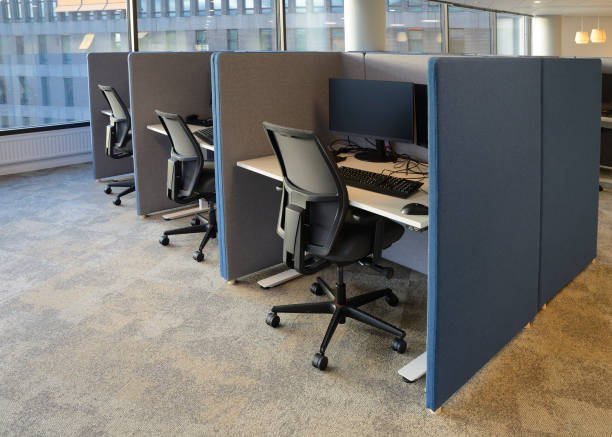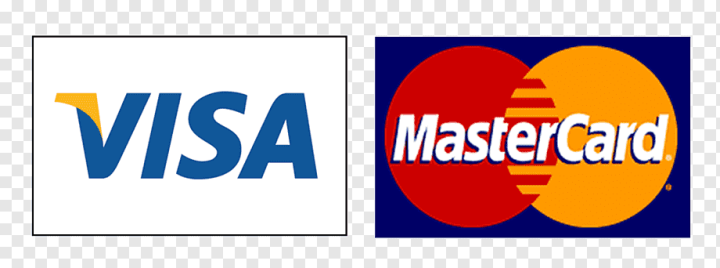Office Workstation Work


Office Workstation Work
Space Assessment : Begin by assessing the available office space and understanding the layout and dimensions. Consider factors such as the number of employees, their roles, and any specific requirements.
Needs Analysis: Work closely with the client to determine their specific needs and preferences. Understand the nature of their business, workflow, and any special requirements, such as ergonomic considerations.
Furniture Selection : Choose appropriate office furniture for workstations, including desks, chairs, storage solutions, and accessories. Consider factors such as comfort, functionality, and aesthetics.
Ergonomics: Ensure that the selected furniture promotes ergonomic comfort and supports the health and well-being of employees. This includes adjustable chairs, sit-stand desks, and proper keyboard and monitor placement.
Customization: Depending on the client's needs, consider whether custom-designed workstations or modular furniture solutions are required. Customization allows for tailored solutions to fit unique office layouts.
Technology Integration: Plan for the integration of technology, including power outlets, data ports, cable management, and connectivity solutions, to support modern office needs.
Brand and Design Consistency : Ensure that the design of the workstations aligns with the client's brand identity and overall interior design theme.
Budget Management : Work within the client's budget constraints to provide cost-effective workstation solutions without compromising quality.




Contact With Our Certified Agent
contact with your certified agent or to provide a means for potential clients to reach out to your company


